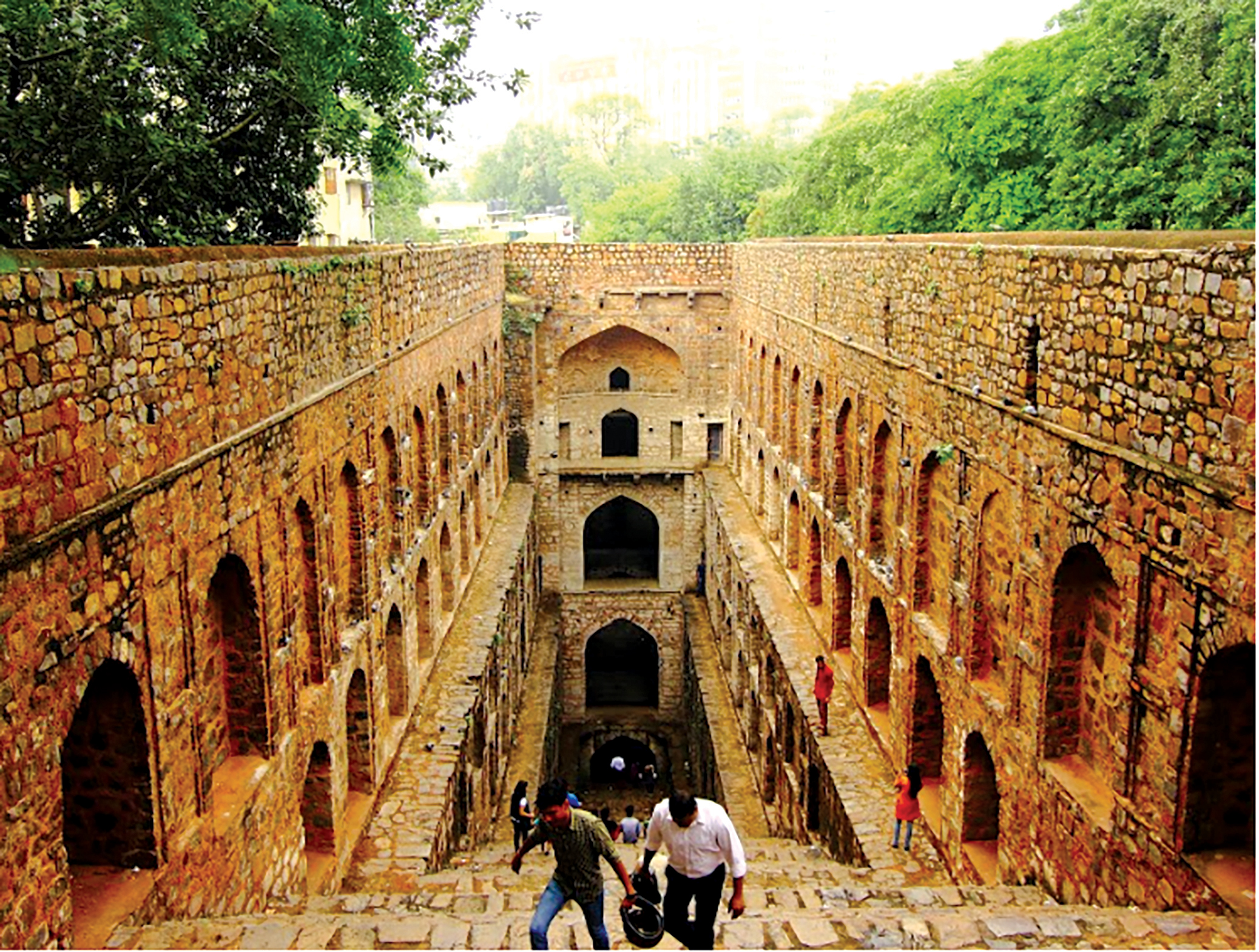The Archaeological Survey of India (ASI) is planning to introduce a facility to provide free sanitary pads at two Delhi monuments as part of its “Adopt A Heritage 2.0” programme.
“We expect to launch this facility soon, as we have raised the issue with the organisations managing these monuments,” said a senior ASI official from headquarters.
The official confirmed that these organisations have approved the initiative to support women’s hygiene.
“Initially, the facilities will be available at Agrasen ki Baoli and Qutub Minar. If successful, we may expand it to other monuments to help ensure women’s comfort while visiting these sites,” he added.
Agrasen Ki Baoli is a 60-meter-long and 15-meter-wide historical stepwell located on Hailey Road near Connaught Place, while Qutub Minar was built in the early 13th century. It was commissioned by Qutb-ud-Din Aibak, the founder of the Delhi Sultanate, and completed by his successor Iltutmish.
This new service is part of the ASI’s efforts following the launch of the “Adopt A Heritage 2.0” programme, which enables the government to sign Memorandums of Understanding (MoUs) with various agencies for the adoption and maintenance of monuments across India.
Eleven monuments in Delhi have been adopted by various agencies, which are expected to invest Rs 1.5 crore over five years in their maintenance and development. There are a total of 173 protected monuments in the national capital.
In addition, Redtape Limited has recently adopted four monuments in Delhi—Delhi Gate, Kashmere Gate, Mori Gate, and Ajmeri Gate—bringing the total number of adopted sites to fifteen.
“These gates will receive facilities such as garbage disposal, ramps, wheelchairs, signage, lighting, CCTV cameras, app-based guides, and more,” the official explained.
A proposal is also in progress for JSW Steel to adopt a museum in Delhi and for the tomb of Abdul Rahim Khan-I-Khanan in Nizamuddin.
Previously, agencies had adopted monuments such as Balban’s Tomb, Jamali Kamali Mosque, Rajon ki Baoli, and Gandhak ki Baoli in Mehrauli Archaeological Park. Other sites, like Purana Qila, Humayun’s Tomb, and Safdarjung Tomb, were adopted by the Sabhyata Foundation, while Qutub Minar was adopted by Ease My Trip Foundation and Agrasen ki Baoli by Zee Akash News Pvt Ltd.
Powerlinks Transmission Ltd (a joint venture between Tata Power Company Ltd and Power Grid Corporation of India Ltd) adopted Jantar Mantar, while Tata Power Trading Co. Ltd took responsibility for Hauz Khas monuments.
With 21 MoUs signed across India and 69 monuments adopted, agencies are already working on new facilities to enhance visitor experiences and improve accessibility.
An ASI official emphasised that the goal of collaborating with private agencies is to promote the country’s cultural and heritage values.
“We want to convey the message that these monuments belong to everyone, and their preservation is a collective responsibility,” he said.
Also Read: EXCLUSIVE: ASI to turn Delhi’s 400-year-old Barapullah Bridge into a tourist destination
Agencies partnering with ASI are designated as Smarak Sarathi (those responsible for providing all facilities at adopted sites) and Smarak Sathi (those handling selective tasks).
ASI recognises the importance of such partnerships to ensure both the safety and enrichment of visitors’ experiences at these cultural treasures. The signing of MoUs reflects the commitment of these agencies to take responsibility for specific monuments, ensuring their upkeep and better presentation to the public.
Several monuments in Delhi have already received amenities like PET bottle crushers, wheelchairs, and first-aid boxes.
“Adopted monuments will also feature facilities such as toilets, drinking water kiosks, baby care rooms, directional signage, Wi-Fi, souvenir shops, cafeterias, and more,” the official added.





